

Color, 1971, 114 mins. 24 secs.
Directed by Ingmar Bergman
Starring Elliott Gould, Bibi Andersson, Max von Sydow, Sheila Reid
BFI (Blu-ray & DVD) (UK RB/R2 HD), Studio S (DVD) (Sweden R2 PAL) / WS (1.85:1) (16:9)
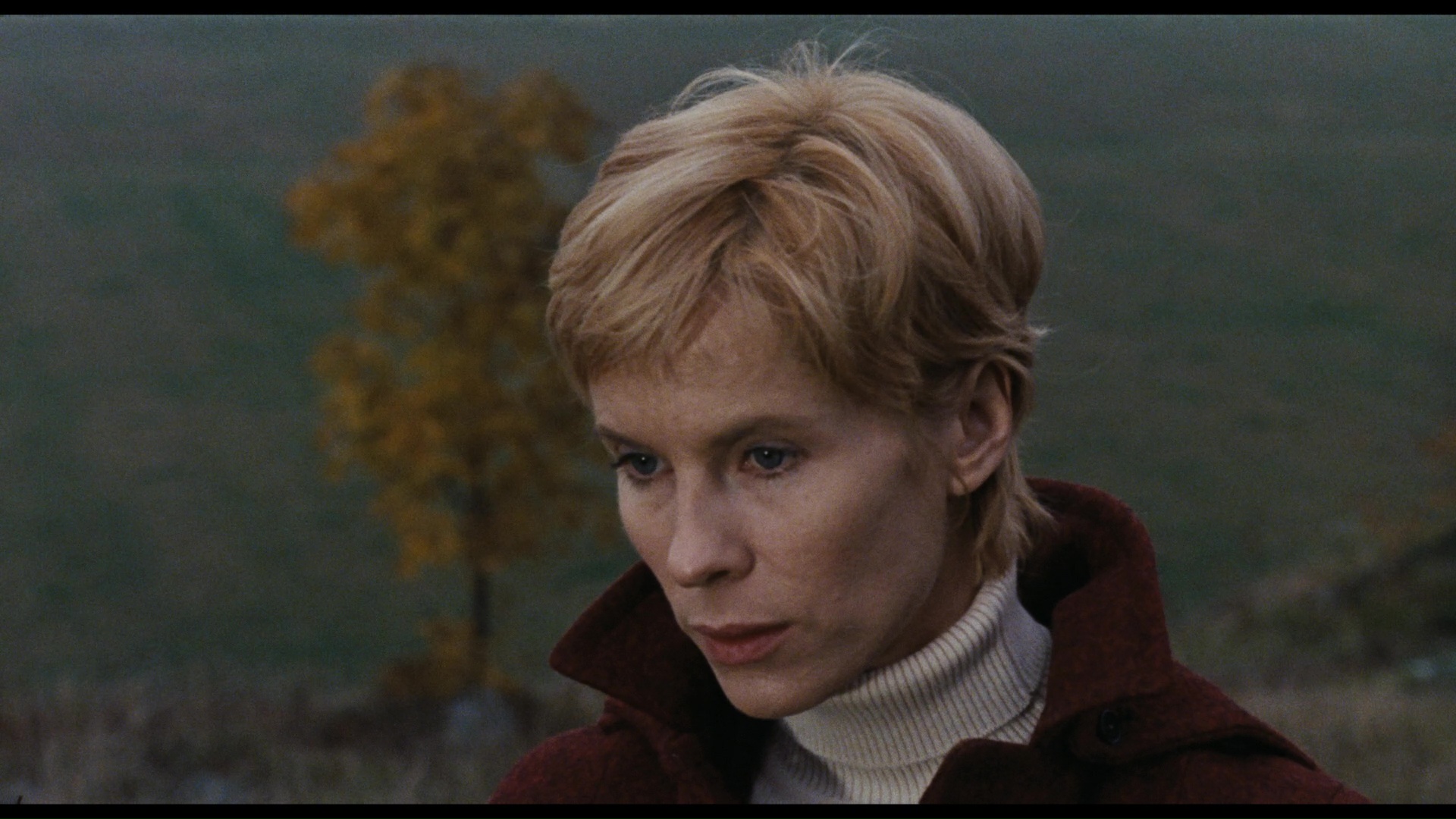 think that
think that 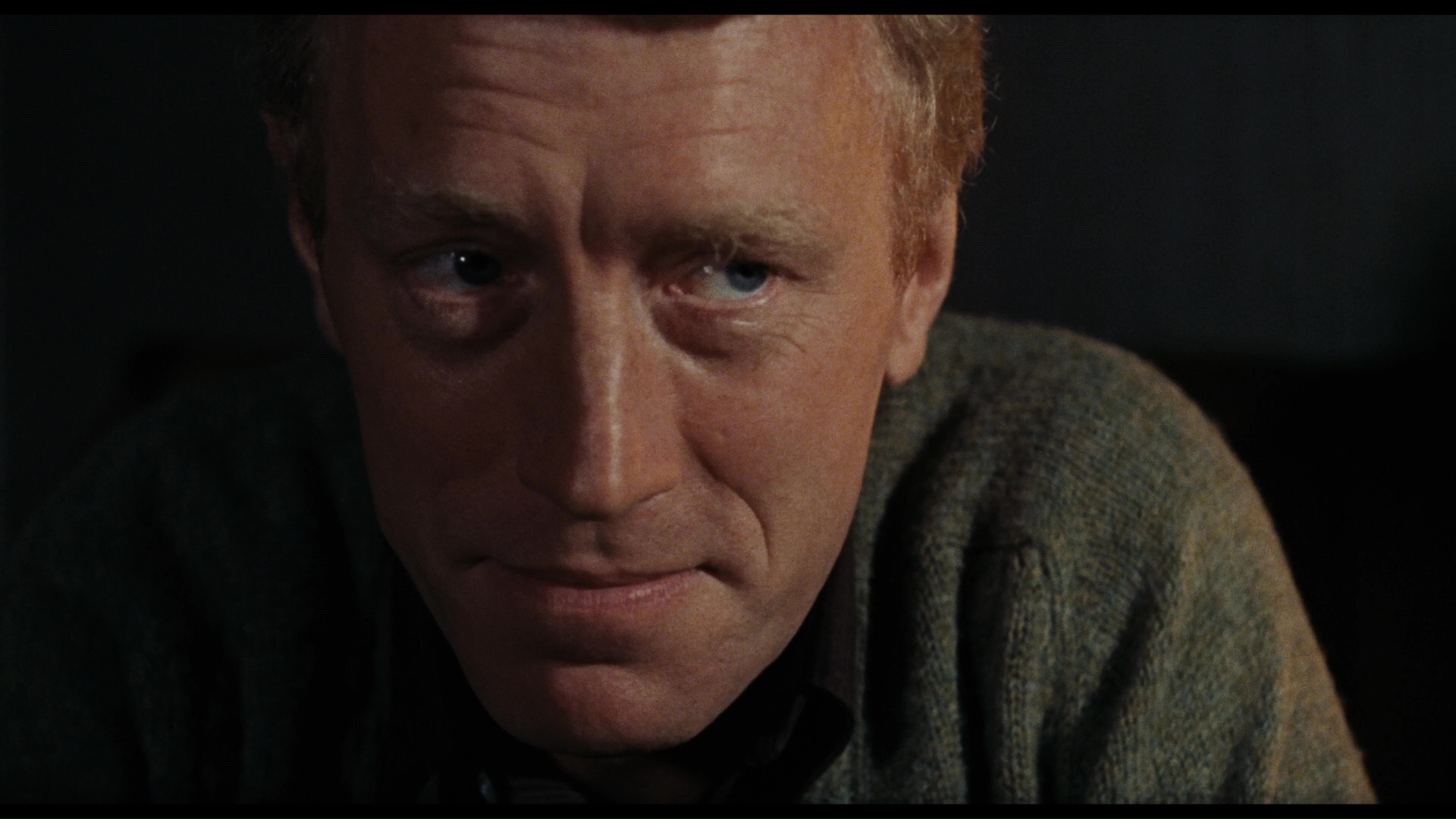 the first English-language film directed by the globally lauded Ingmar Bergman would be a well-remembered classic, but for some reason The Touch has been barely mentioned for the past four-plus decades and has remained almost entirely out of the public eye, barely even making it to home video at all for a long time. Part of the problem, as revealed in the BFI's exceptional dual-format release, may been the insistence that he create two version, one mixing English and Swedish while another was (illogically) all in English from start to finish. The latter is what played American theaters and hit VHS in 1981 from Magnetic Video, after which it disappeared completely for most English-speaking viewers for a very long time. The film wasn't critically lambasted when it opened, with reviews ranging from complimentary to mild disappointment; however, it quickly faded from the collective memory of the moviegoing public with even Bergman himself dismissing it in later interviews. Fortunately the film itself has aged well and can easily be appreciated as a worthy entry in his peerless body of work.
the first English-language film directed by the globally lauded Ingmar Bergman would be a well-remembered classic, but for some reason The Touch has been barely mentioned for the past four-plus decades and has remained almost entirely out of the public eye, barely even making it to home video at all for a long time. Part of the problem, as revealed in the BFI's exceptional dual-format release, may been the insistence that he create two version, one mixing English and Swedish while another was (illogically) all in English from start to finish. The latter is what played American theaters and hit VHS in 1981 from Magnetic Video, after which it disappeared completely for most English-speaking viewers for a very long time. The film wasn't critically lambasted when it opened, with reviews ranging from complimentary to mild disappointment; however, it quickly faded from the collective memory of the moviegoing public with even Bergman himself dismissing it in later interviews. Fortunately the film itself has aged well and can easily be appreciated as a worthy entry in his peerless body of work.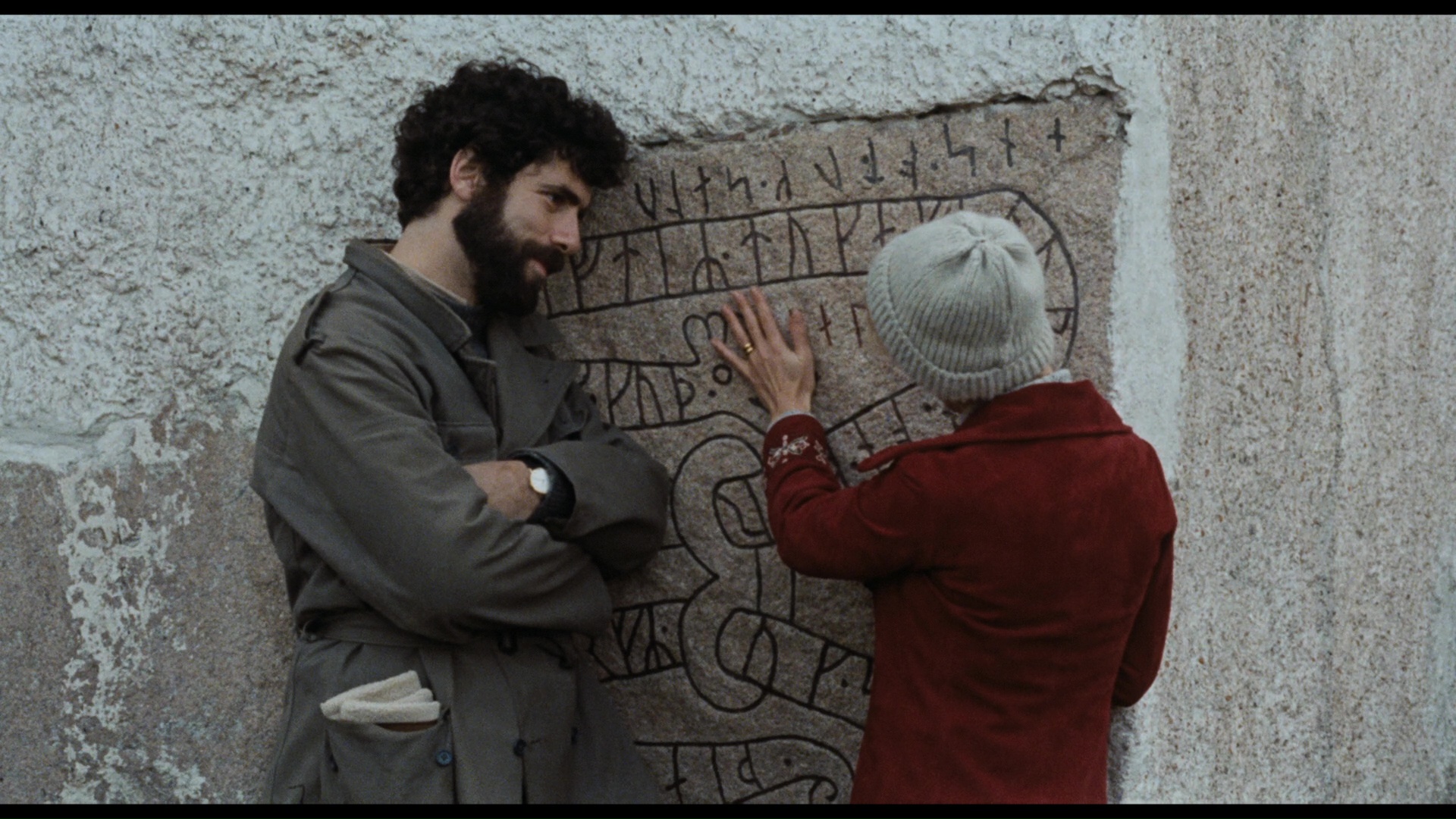 Violent and sullen, he appeals to a suppressed side of her that doesn't seem to be operating in her best interests as the relationship goes on for several months (including a lengthy separation) and ultimately reaches a crisis point.
Violent and sullen, he appeals to a suppressed side of her that doesn't seem to be operating in her best interests as the relationship goes on for several months (including a lengthy separation) and ultimately reaches a crisis point.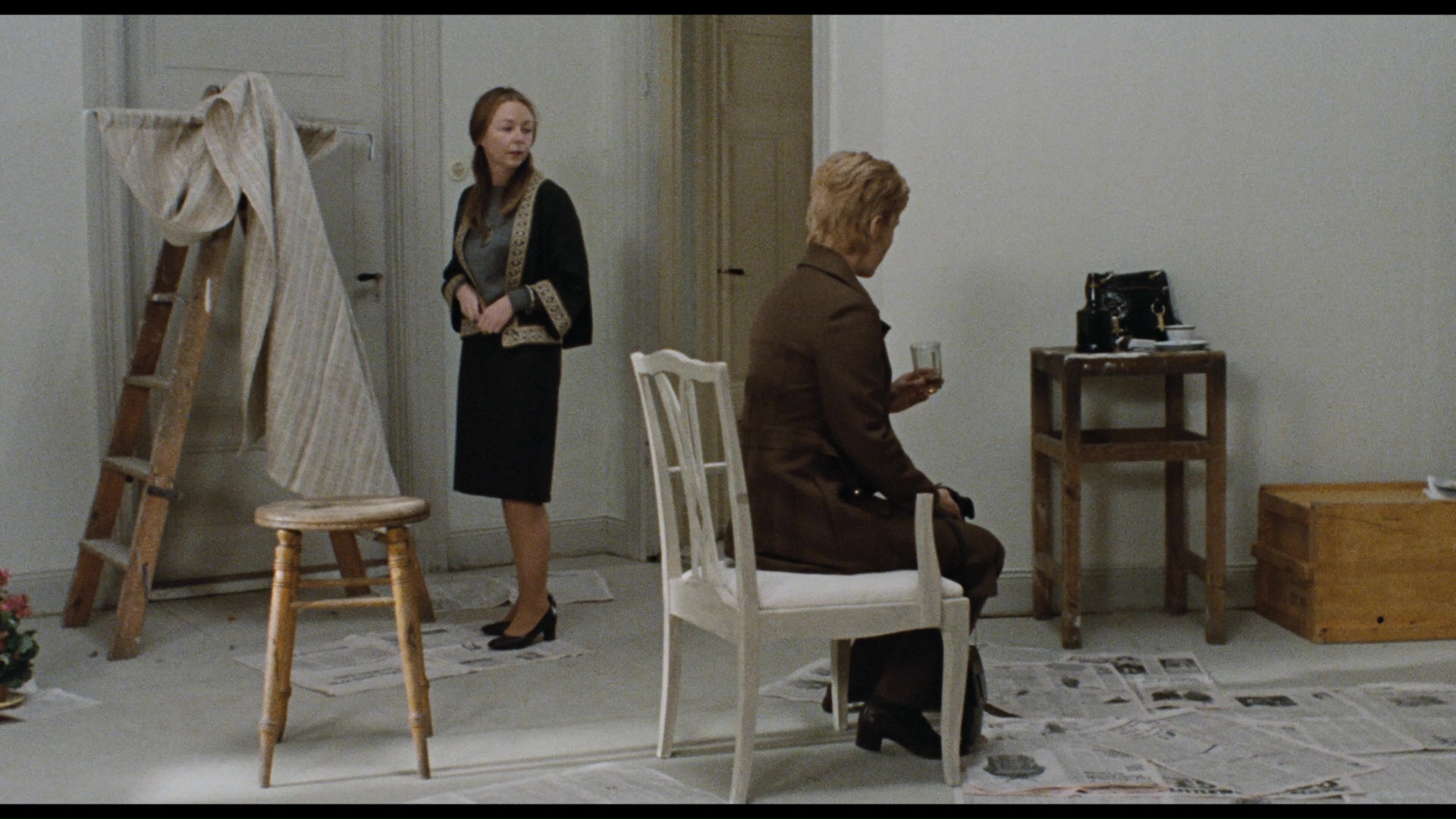
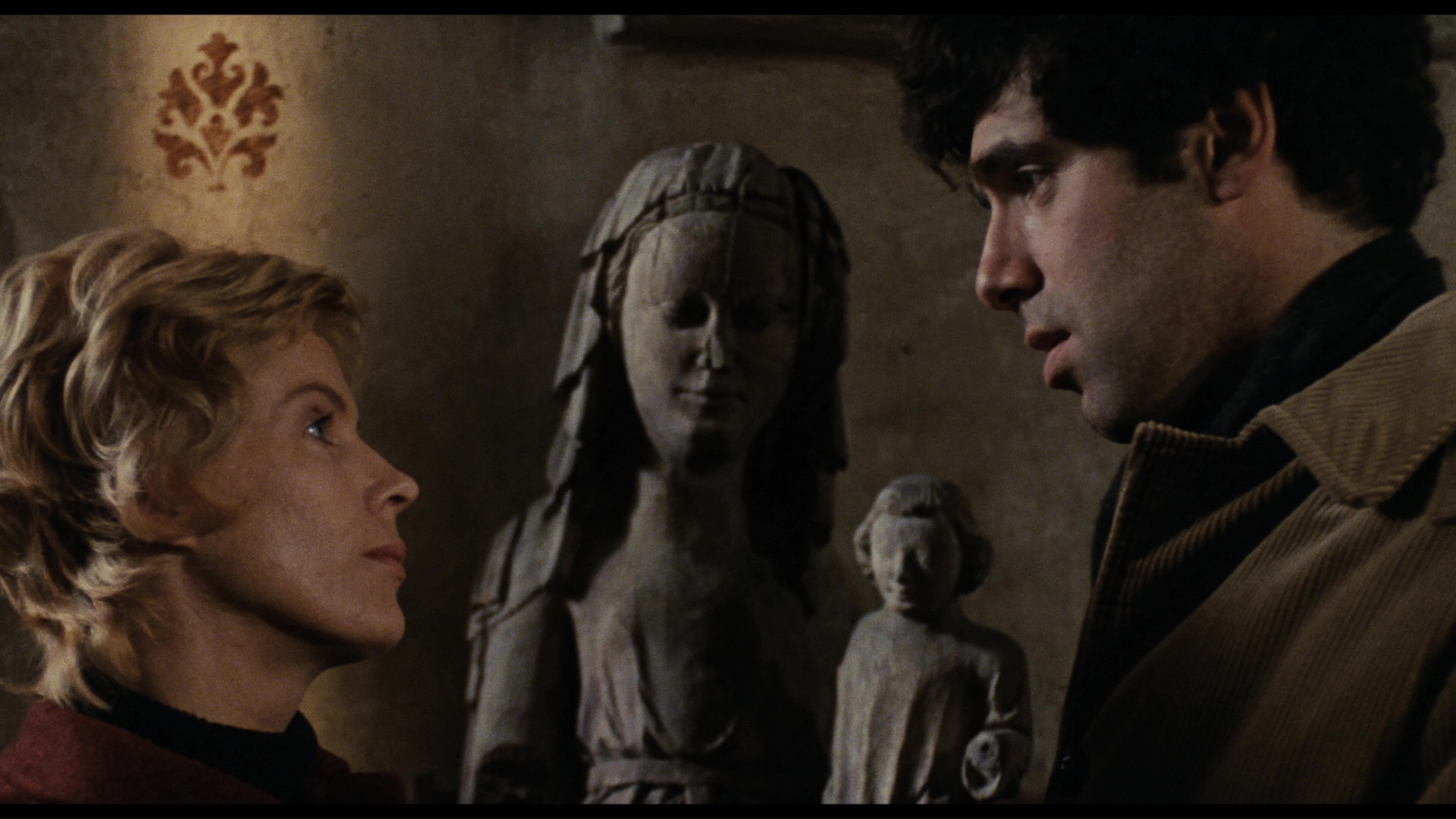 The 2018 dual-format BFI edition featuring separate Blu-ray and DVD discs is big news for Bergman fans, featuring the HD home video premiere of the feature as well as what will be a first-time viewing experience of the intended English/Swedish edition for the majority of viewers. The restoration courtesy of the Swedish Film Institute
The 2018 dual-format BFI edition featuring separate Blu-ray and DVD discs is big news for Bergman fans, featuring the HD home video premiere of the feature as well as what will be a first-time viewing experience of the intended English/Swedish edition for the majority of viewers. The restoration courtesy of the Swedish Film Institute 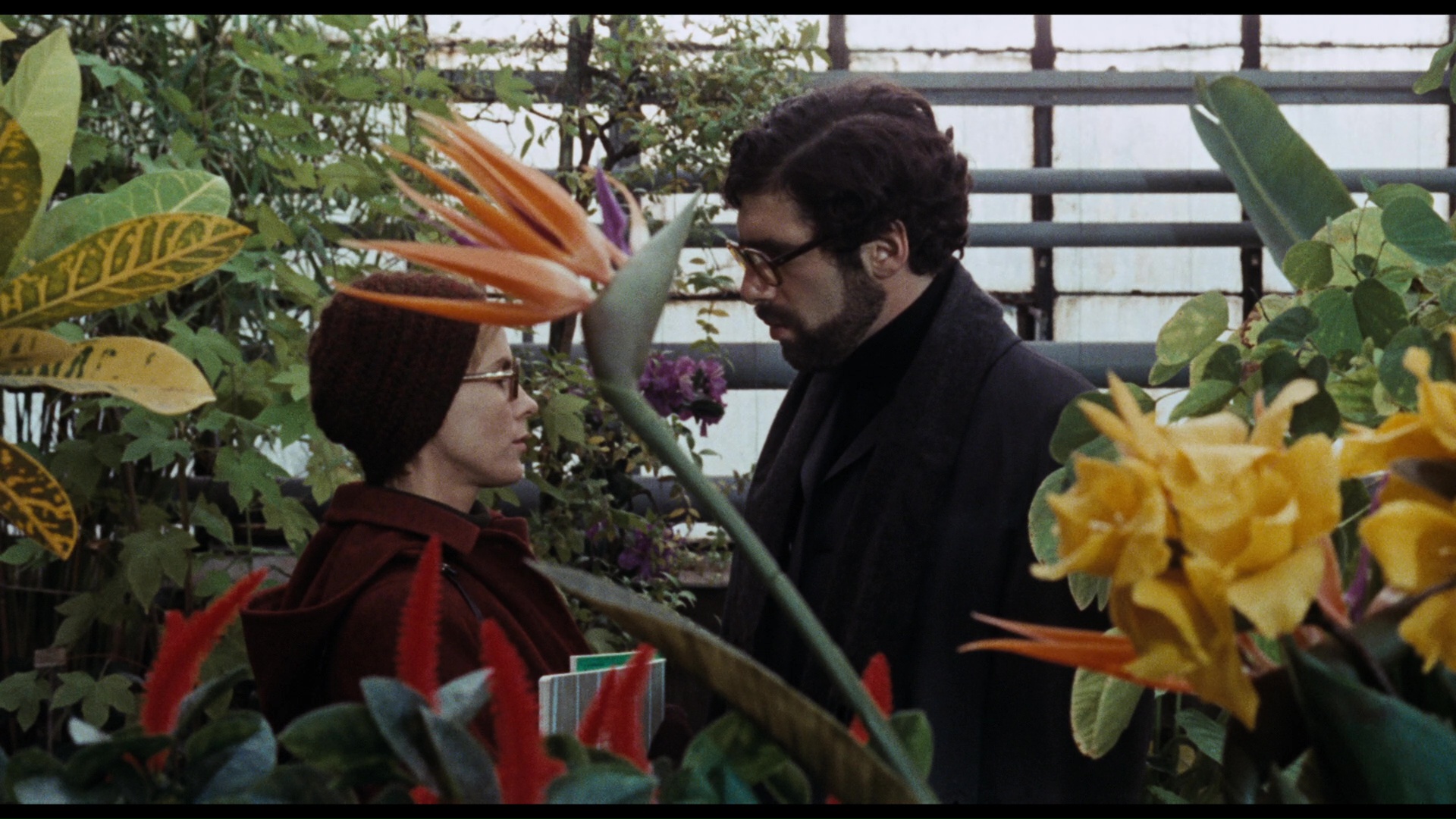 looks terrific and wholly appropriate to its era; the colors and grain texture look authentic and impressive throughout, and it's a real joy to finally see this film in good condition after so long. That said, it's questionable whether it's great to have so much of Gould's bountiful back hair as part of the increased detail. (The restoration was released almost simultaneously on DVD in Sweden as part of a much pricier Bergman boxed set.) The LPCM mono track also sounds excellent with optional English subtitles for the Swedish passages (basically every scene that doesn't involve Gould). The restoration of the original (hard matted) widescreen framing makes a huge difference as well if you've only seen this on video, with this version running slightly longer as well. The bilingual version of the film definitely plays better as it gives more context to the sometimes stilted conversations between Gould and Andersson, with the latter conversing far more naturally with her family members.
looks terrific and wholly appropriate to its era; the colors and grain texture look authentic and impressive throughout, and it's a real joy to finally see this film in good condition after so long. That said, it's questionable whether it's great to have so much of Gould's bountiful back hair as part of the increased detail. (The restoration was released almost simultaneously on DVD in Sweden as part of a much pricier Bergman boxed set.) The LPCM mono track also sounds excellent with optional English subtitles for the Swedish passages (basically every scene that doesn't involve Gould). The restoration of the original (hard matted) widescreen framing makes a huge difference as well if you've only seen this on video, with this version running slightly longer as well. The bilingual version of the film definitely plays better as it gives more context to the sometimes stilted conversations between Gould and Andersson, with the latter conversing far more naturally with her family members. 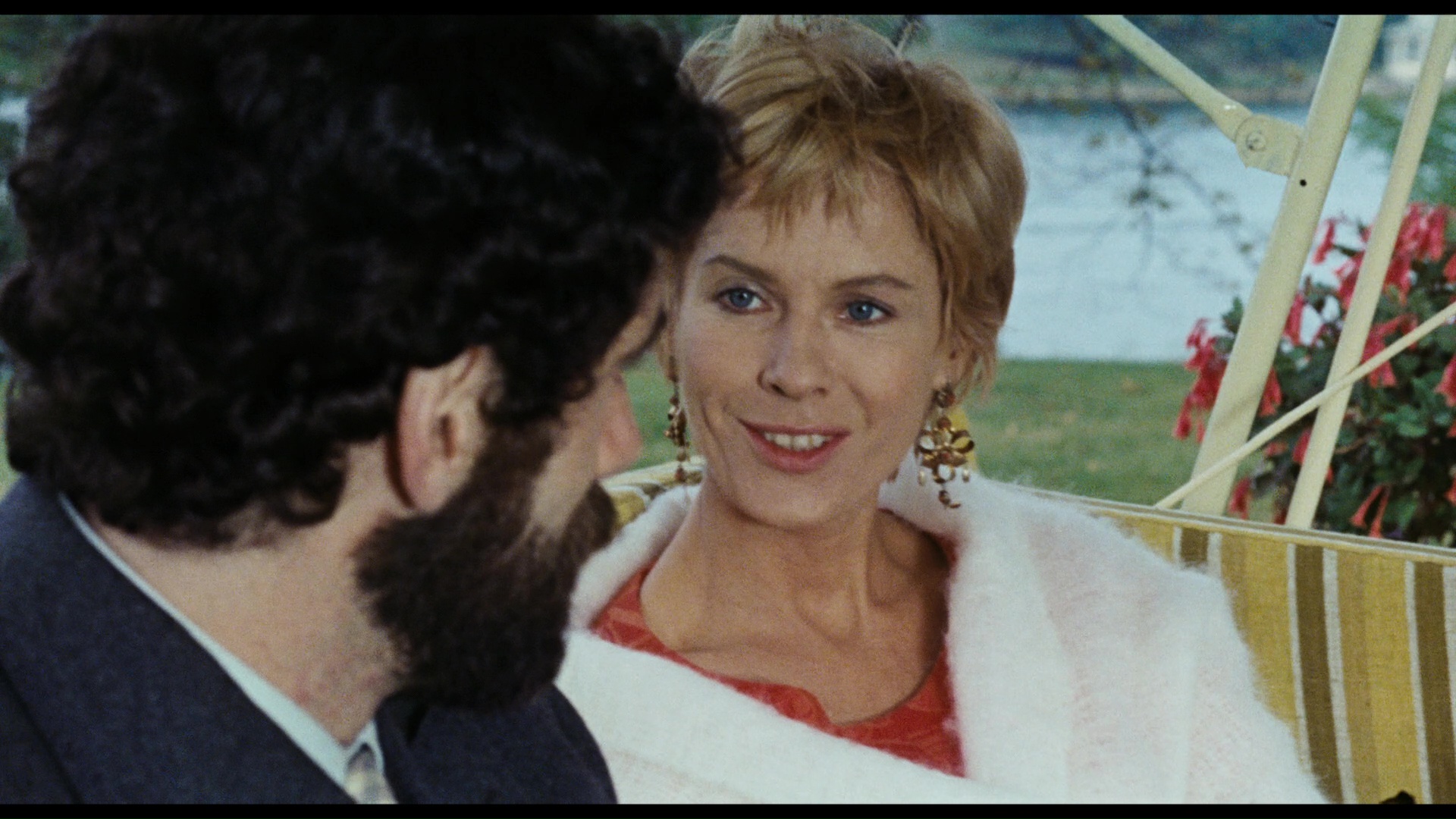 It's fascinating to see the entire team (including Nykvist) chatting and smiling between takes, and in a fun bit of irony, Gould is seen smoking a stogie while he's interviewed.
It's fascinating to see the entire team (including Nykvist) chatting and smiling between takes, and in a fun bit of irony, Gould is seen smoking a stogie while he's interviewed. 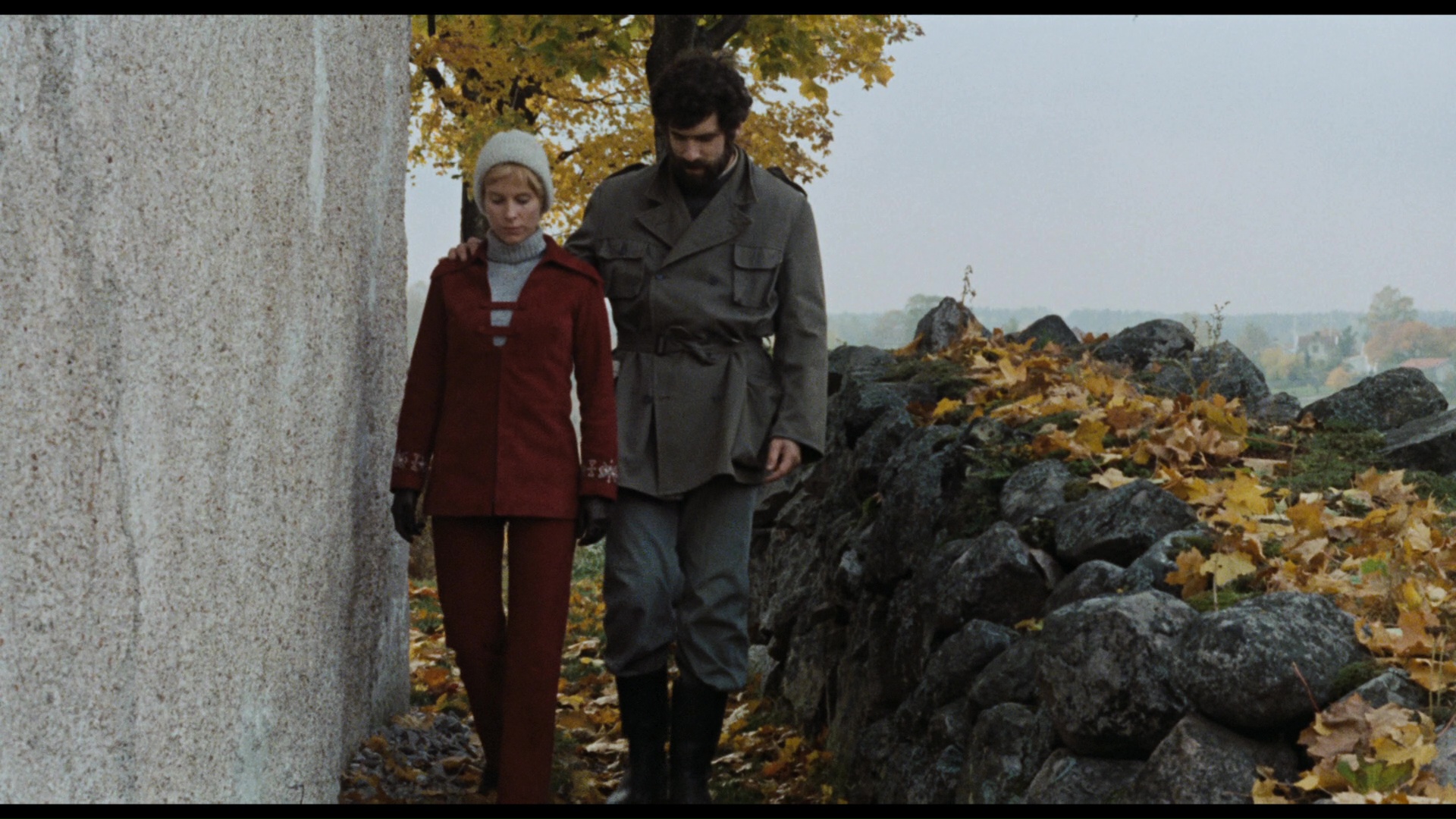 "Liv Ullman in Conversation" (71m57s) features a 2018 Q&A with the legendary Bergman star at a BFI screening, sharing numerous stories about the director with interviewer Geoff Andrew including extensive perceptive comments about a wide range of films (some with her participation and others without) as well as the final days before his death. Finally, "Sheila Reid: The Touch" (20m39s) features the actress - who plays a small but pivotal (and possibly very perverse) role in the film's finale, and the only British actress in one of the director's films according to the packaging -- recalling the casting and rehearsal process, including revelations about Bergman's working methods. The insert booklet features a new Geoff Andrew essay, "The Human Touch," about the film's merits and its connection to the previous Bergman film, The Passion of Anna; also also included are a contemporary review by Jan Dawson and additional notes about the bonus features.
"Liv Ullman in Conversation" (71m57s) features a 2018 Q&A with the legendary Bergman star at a BFI screening, sharing numerous stories about the director with interviewer Geoff Andrew including extensive perceptive comments about a wide range of films (some with her participation and others without) as well as the final days before his death. Finally, "Sheila Reid: The Touch" (20m39s) features the actress - who plays a small but pivotal (and possibly very perverse) role in the film's finale, and the only British actress in one of the director's films according to the packaging -- recalling the casting and rehearsal process, including revelations about Bergman's working methods. The insert booklet features a new Geoff Andrew essay, "The Human Touch," about the film's merits and its connection to the previous Bergman film, The Passion of Anna; also also included are a contemporary review by Jan Dawson and additional notes about the bonus features. ![]()